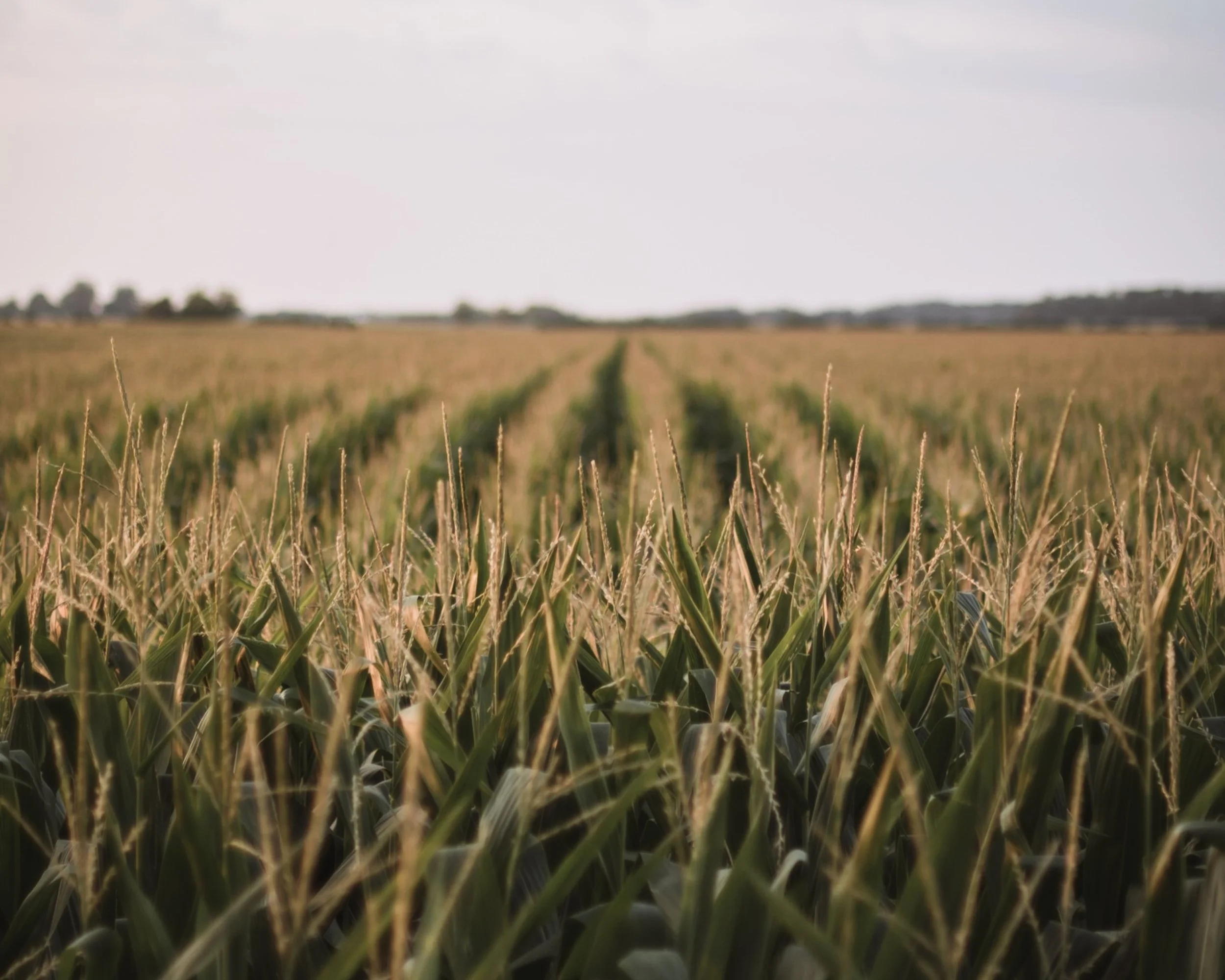RESEARCH
Coherent Development Lab
How can processes of social and economic development express a holistic vision of human prosperity and flourishing?
Current patterns of social and economic development have long struggled to achieve a balance between the essential features of civilization—for example, between the requirements of sustainability and growth, or those of rural and urban flourishing. Mainstream efforts to mitigate these imbalances tend to focus on top-down, technical solutions. But it is becoming increasingly clear that if these imbalances are ever to be addressed, we need a more coherent underlying vision of human prosperity. The Coherent Development Lab explores ideas, movements, policies, and projects that advance a more coherent vision of collective prosperity, and alternative approaches to achieving it.
Research Projects
Rural Reconstruction and the Capability to Stay
by Kerilyn Schewel, Sina Rahmanian, and Vesall Nourani
Over half of the world’s population now live in cities, compared to less than 15 percent in 1900. By 2050, models suggest more than two-thirds of the world’s population will be urban. Migration from rural places to towns and cities is intrinsic to mainstream development and urbanization processes. Urbanization has brought many advantages to modern societies, yet the models of socioeconomic development upon which it depends propel humanity toward a future of environmental collapse. The twin crises of climate change and global inequality give new urgency to the need to “rethink development.” Given the centrality of urbanization to current development models, this task can be powerfully advanced by reconsidering the nature and practice of rural development. How can societies advance sustainability transitions that enhance the capability to stay and flourish in rural places?
The Rural Development and the Capability to Stay project examines the frontiers of thinking about rural transformation. It has convened interdisciplinary workshops with academics, students, and development practitioners at Duke University (2022) and Makerere University (2023), as well as COMIT's Rural Transformations speaker series. This project is based at the Duke Center for International Development and funded by the Social Science Research Council.
Farmer Flourishing in the United States
by Lee Miller and Kerilyn Schewel
The discourse surrounding sustainable development has progressively illuminated the integral role of agri-food systems in securing global nutrition and shaping the fabric of rural advancement. At the heart of this discourse lies the concept of “virtuous agri-food systems”—a model underpinned by principles of ethical stewardship, ecological balance, and socio-economic justice. This project embraces virtuous agri-food systems as indispensable for harmonious and robust rural development, and investigates the social forces and policy environment that can support their development in Orange and Durham Counties, North Carolina. While many rural areas in NC and beyond experience decline, this research learns from the unique concentration of small farms advancing innovative agricultural and farming practices in this region.
Book Project
Moved by Modernity: How Development Shapes Migration in Rural Ethiopia
by Kerilyn Schewel, forthcoming from Oxford University Press
Moved by Modernity challenges the influential idea that to address the root causes of migration, we need to develop poor countries. Drawing on a historical ethnography of one Ethiopian village, it shows why, on the contrary, development gains in education, incomes, and infrastructure are associated with rising levels of rural-urban and international migration. Interweaving life histories, household survey data, and ethnographic anecdotes, the book explores what development practically entails in rural places and how it changes migration decision-making. Moved by Modernity shows why, to address the root causes of migration, we need a fundamentally new vision of “development.”
Dissertation Project
This research project is concerned with the unexplored intersection between two evolving discourses in the field of international development: knowledge and religion. The particular focus of this study is on describing and analyzing the experience of a network of organizations inspired by the Baha’i Faith that are collectively striving to gain insight into how “religious” and “scientific” knowledge can be applied together, in a mutually reinforcing way, to enhance development practice.
Science and Religion in Development Practice: Insights from Baha’i-inspired Organizations
by Sina Rahmanian


